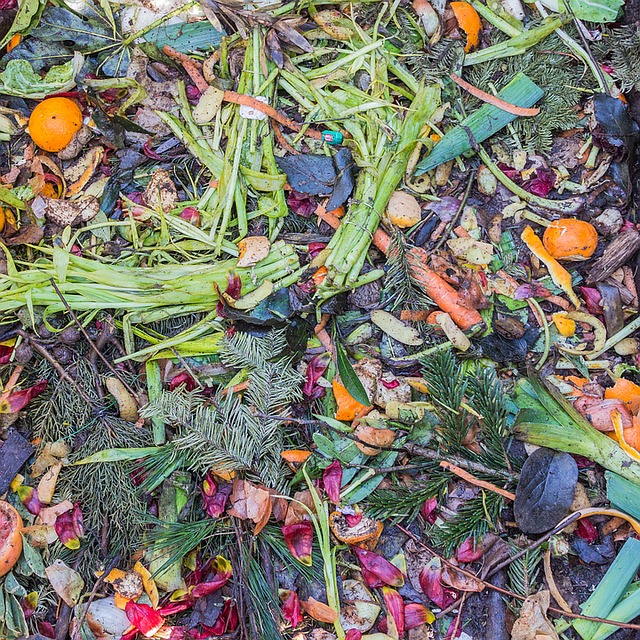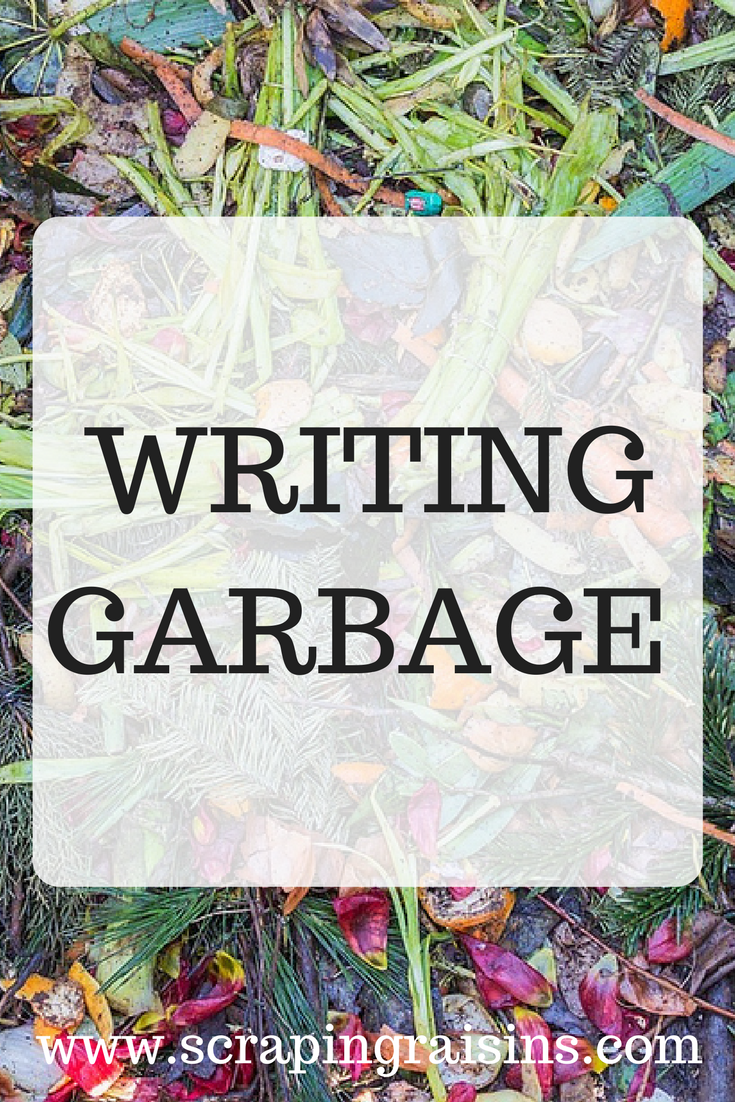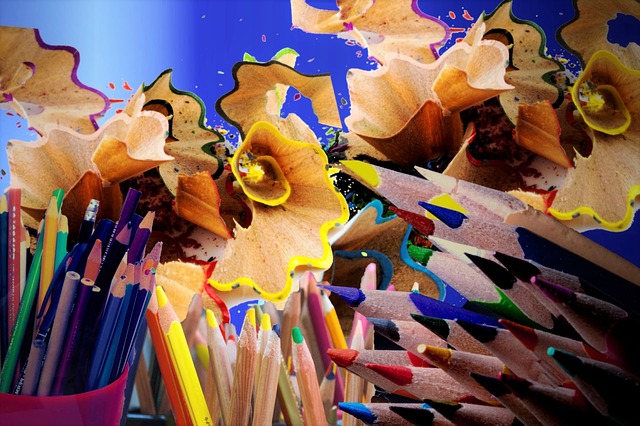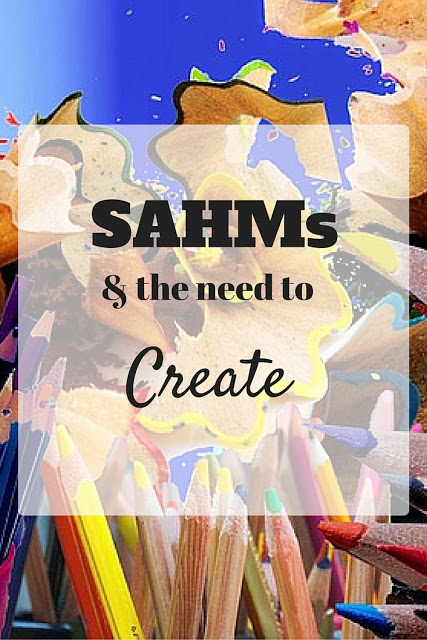
Sometimes I’d rather read about writing than actually write. Perhaps I secretly think I’ll glean enough from their advice and experience to produce a crop without the same effort? I pared this list down a bit (believe it or not), and while the majority are about writing, a few are for creatives, by creatives.
Do yourself a favor and dash over to Goodreads, Amazon or to the library and add these to your ever-expanding reading list.
 The Artists Way, by Julia Cameron
The Artists Way, by Julia Cameron
One of my favorite things about this book are the quotes in the margins. Before I begin writing, I sometimes browse through for writing inspiration. I often think of her reference to “restock the pond” and “refill the well” when I feel creatively depleted. She says, “When we work at our art, we dip into the well of our experience and scoop out images. Because we do this, we need to learn how to put images back.” (p. 21)
 The Art of Memoir, by Mary Karr
The Art of Memoir, by Mary Karr
Mary Karr is hilarious. I heard her interviewed on several podcasts before I read a single book of hers and I confess I still haven’t actually read one of her memoirs. As I’ve been writing, I often think about how she said the reader needs to feel like they’ve zipped themselves into the author’s skin. (Kind of gross and Shel Silverstein-esq, but so helpful.) And I’m going to give away the ending because it makes me cry:
“None of us can ever know the value of our lives, or how our separate and silent scribbling may add to the amenity of the world, if only by how radically it changes us, one and by one.” (p. 218)
 The Art of the Personal Essay, edited by Phillip Lopate
The Art of the Personal Essay, edited by Phillip Lopate
I had this anthology for an advanced writing class in college and LOVED it. It’s not a writing book, per se, but has examples of some of the best essays of all time by Annie Dillard, G.K. Chesterton, Virginia Woolf, James Baldwin and Adrienne Rich, among many others.
 The Artful Edit: On the Practice of Editing Yourself, by Susan Bell
The Artful Edit: On the Practice of Editing Yourself, by Susan Bell
I first heard about this from Ann Kroeker on her incredibly helpful podcast for writers and quickly checked it out of the library. I’m struggling to write my first manuscript, so I wasn’t sure if I should be editing as I go along, or if I should wait until it is all completed to wade back through the mire to make sense out of it all. This book helped me figure out a strategy that works for me and provided some tools to edit both at the micro and macro level. My only tip would be to make sure you’ve read The Great Gatsby before reading this book because Bell uses that book as an example in many of the chapters.
 Bird by Bird, by Anne Lamott
Bird by Bird, by Anne Lamott
I’ve listened to many hours of writers sharing about writing and their favorite books and this one is probably mentioned the most frequently. Lamott loves to share the story about her brother who procrastinated on a project about birds for school and had to finish it the night before. Their father told him, “Son, we’ll just take it bird by bird,” and that became Lamott’s mantra for writing–just take it “bird by bird.” Along with this, the second most quoted part of this book is the author’s permission to create SFD’s, or “s**ty first drafts.” I’ve taken much consolation in that.
 Breath for the Bones, by Luci Shaw
Breath for the Bones, by Luci Shaw
Less technical and more spiritual, this book spiritualizes the work of the Christian artist. My favorite parts are when she talks about the Holy Spirit as her muse and mentions walking around at attention, with her antennae combing the air. I once heard a writer say every book is a conversation with another book, and I feel like this book is in conversation with Madeleine L’Engle’s Walking on Water and Barabara Brown Taylor’s An Altar in the World. It’s probably one of my favorites in this list.
 Letters to a Young Poet, by Rainer Maria Rilke
Letters to a Young Poet, by Rainer Maria Rilke
The main reason I list this book here is because it is so often quoted that I think every artist needs to at least say they have read it. Here’s the infamous quote (though the rest is worth reading as well): ”
“Go into yourself. Find out the reason that commands you to write; see whether it has spread its roots into the very depths of your heart; confess to yourself whether you would have to die if you were forbidden to write.
This most of all: ask yourself in the most silent hour of your night: must I write? Dig into yourself for a deep answer. And if this answer rings out in assent, if you meet this solemn question with a strong, simple “I must,” then build your life in accordance with this necessity; your whole life, even into its humblest and most indifferent hour, must become a sign and witness to this impulse. Then come close to Nature. Then, as if no one had ever tried before, try to say what you see and feel and love and lose…”
 Life Creative, by Wendy Speake and Kelli Stuart
Life Creative, by Wendy Speake and Kelli Stuart
I read this book in the perfect moment of my writing career, just as I was beginning to wonder if it was worth it or possible to be a mother to little ones AND try to be a writer. Life Creative is the type of empowering, inspiring and fire-lighting book that women need to remind them they are called to this important work of being creators.
 On Writing Well: The Classic Guide to Writing Non-fiction, by William Zinsser
On Writing Well: The Classic Guide to Writing Non-fiction, by William Zinsser
This was also assigned reading in one of my writing classes nearly 20 years ago and when I reread it last year, I could see why. Zinsser’s voice is usually in my head as I edit: “Clutter is the enemy” (p. 15), “Do I need it at all? Probably I don’t” (p. 79), and “Every successful piece of nonfiction should leave the reader with one provocative thought that he or she didn’t have before” (p. 52). Thank you, sir. If you need a refresher on the craft of writing, this should be your go-to book.
 Several Short Sentences About Writing, by Verlyn Klinkenborg
Several Short Sentences About Writing, by Verlyn Klinkenborg
Similar to On Writing Well, this book celebrates simple, concise work. The entire book is written as a list of sentences, so you can see his point about varying sentence length play out throughout the book. He writes,
“No subject is so good that it can redeem indifferent writing. But good writing can make almost any subject interesting.” (p. 129) This book is a perfect mix of creative inspiration and technical advice on the craft of writing. It’s a quick read, but every sentence packs a punch (sometimes clichés are just exactly what you want to say…).
 Walking on Water, by Madeline L’Engle
Walking on Water, by Madeline L’Engle
This is my all-time-favorite book on creativity and spirituality. I wrote a whole post about it for SheLoves here and often quote her in my work. My favorite quote from the book is this:
“If the work comes to the artist and says, ‘Here I am, serve me,’ then the job of the artist, great or small, is to serve. The amount of the artist’s talent is not what it is about. Jean Rhys said to an interviewer in the Paris Review, ‘Listen to me. All of writing is a huge lake. There are great rivers that feed the lake, like Tolstoy and Dostoyevsky. And there are mere trickles, like Jean Rhys. All that matters is feeding the lake. I don’t matter. The lake matters. You must keep feeding the lake.” (p. 23) We feed the lake.
 Writing Down the Bones, by Natalie Goldberg
Writing Down the Bones, by Natalie Goldberg
I remember seeing a quote by Natalie Goldberg and being intrigued. The quote was something like, “Writers get to live life twice.” So I put her book on hold in the library and devoured it in less than a week. Now, as I write, I often think about the composting I mentioned in my last post and the redemption of what feels like waste as we write. This is a fabulous companion to the other writing books on your shelf. I wish I had bought it, not just checked it out of the library.
 The Writing Life, by Annie Dillard
The Writing Life, by Annie Dillard
I read this book long before I started a blog, submitted an article or even began calling myself a writer. And when I shyly stepped naked onto the screen, Dillard’s words empowered me:
“Why do you never find anything written about that idiosyncratic thought you advert to, about your fascination with something no one else understands? Because it is up to you. There is something you find interesting, for a reason hard to explain. It is hard to explain because you have never read it on any page; there you begin. You were made and set here to give voice to this, your own astonishment.” (p. 67-68 emphasis mine)
 Writing Tools: 50 Essential Strategies for Every Writer, by Roy Peter Clark
Writing Tools: 50 Essential Strategies for Every Writer, by Roy Peter Clark
This is also a very practical book for writers who may have been at it a while and need to hone their craft. It’s added to my personal editing checklist as I read back through my drafts and consider if I’m using active verbs, being too wordy, or losing my subject in long sentences. This book feels a bit like when I used to study theory and practice scales as a piano student–less sexy, but very necessary.
On my “To Read” List:
A Writer’s Diary, by Virgina Woolf
The Art of Nonfiction, by Ayn Rand
Creativity Rules, by Brenda Seelig
If You Want to Write, by Brenda Ueland
Light the Dark, edited by Joe Fassler
Rumors of Water, by L.L. Barkat
Writing About Your Life, by William Zinnser
What are your favorite books about writing and creativity? I’d love to hear!
***
 Our theme for April is “Books and Writing,” and I hope to share my favorite books, podcasts and resources for new writers. Be sure to follow me on social media and sign up for my newsletter below so you can be alerted of new posts. Please get in touch at scrapingraisins (dot) gmail (dot) com if you are interested in guest posting on this topic!
Our theme for April is “Books and Writing,” and I hope to share my favorite books, podcasts and resources for new writers. Be sure to follow me on social media and sign up for my newsletter below so you can be alerted of new posts. Please get in touch at scrapingraisins (dot) gmail (dot) com if you are interested in guest posting on this topic!
Sign up for the Mid-month Digest and Secret Newsletter Here:
**Includes Amazon affiliate links









